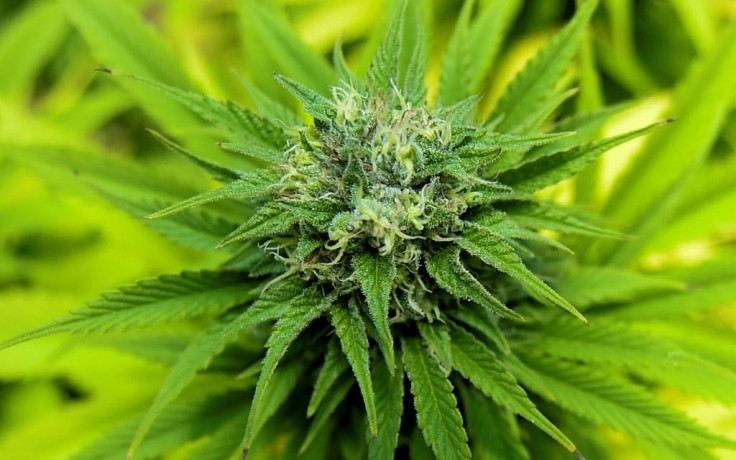Cannabis detrimental to teens, pregnant women and mentally ill people: study
It also found that cannabis might be helpful for people with conditions such as sclerosis and chronic pain.

A detailed review of multiple studies conducted on cannabis use has found that it might have harmful effects on teenagers, pregnant women, mentally ill people, and young adults.
The findings of the review were published by the BMJ Medical Journal on Wednesday. The umbrella review was conducted by an international team of experts.
They analysed the studies carried out between 2002 and 2022 to understand the effects of cannabis, cannabinoids, and cannabis-based medicines on health.
It stated that cannabis compounds might be helpful for people with conditions such as sclerosis, chronic pain, and inflammatory bowel disease. However, their use might be harmful to other groups of people.
The review found that cannabis could be detrimental to people's mental health and could also affect babies if consumed by pregnant women. The authors of the study emphasised that cannabis-based medicines do not come without adverse events.
"Convincing or converging evidence recommends avoiding cannabis during adolescence and early adulthood in people prone to have or have mental health disorder, who are pregnant, and while driving," it read.
"Cannabidiol is effective for epilepsy, notably in children, while other cannabinoids can be effective in use for multiple sclerosis, chronic pain, inflammatory bowel disease, and palliative care," it added.
Hundreds of studies have been conducted by scientists and researchers over the years to understand if cannabis can be helpful to humans.
Another study by Rutgers University revealed that cannabis use among both pregnant and non-pregnant women has been on the rise.
The study published in the Journal of the American Medical Association revealed that cannabis use has increased by 62 per cent among pregnant women and 47 percent among nonpregnant women between 2002 and 2014.
Recently, another Rutgers-led study also examined the link between mental health disorders, cannabis use and cannabis use disorder (CUD) among pregnant and postpartum women in the United States.
The scientists studied responses from over 1,300 women in a national survey and found that women with mood disorders, anxiety, or post-traumatic stress disorder were more likely to use cannabis and develop Cannabis Use Disorder (CUD).
Is cannabis legal in the UK?
Cannabis is commonly used to treat MS in the United States, in states that have legalised its use medicinally or generally. However, in the UK, the drug remains illegal.
It is a crime to possess, grow, distribute or sell cannabis in the UK. If caught, you can face a maximum of five years in prison, an unlimited fine, or both. Medical cannabis has been legal in the country since 2018 but it is heavily regulated. Its medical use is allowed in England, Wales and Scotland.
Cannabis has been decriminalised for personal use in several countries such as the Netherlands and Portugal. Canada legalised cannabis for medicinal purposes in 2001, while countries like Uruguay, Mexico, Malta, Thailand, and South Africa have permitted its recreational use.
Medical use of marijuana or cannabis is also legal in countries like Argentina, New Zealand, Brazil, Australia, Finland, Ecuador, Denmark and Colombia, according to a report in The Sun.
It is still illegal in many Asian countries. Last year, Thailand became the first country in Asia to decriminalise cannabis and allow its cultivation and possession for medical purposes. However, the government has prohibited people from smoking it in public.
Apart from Thailand, countries where marijuana is legal for recreational use to some extent and not just decriminalised include Colombia, Ecuador, Peru, Spain, Uruguay, India, the USA, and the Netherlands.
The rules are different from place to place, and there are lots of grey areas. For example, in Uruguay, cannabis is totally legal, and you can smoke it in the street, but in Spain, it is only legal in private spaces.
© Copyright IBTimes 2025. All rights reserved.






















